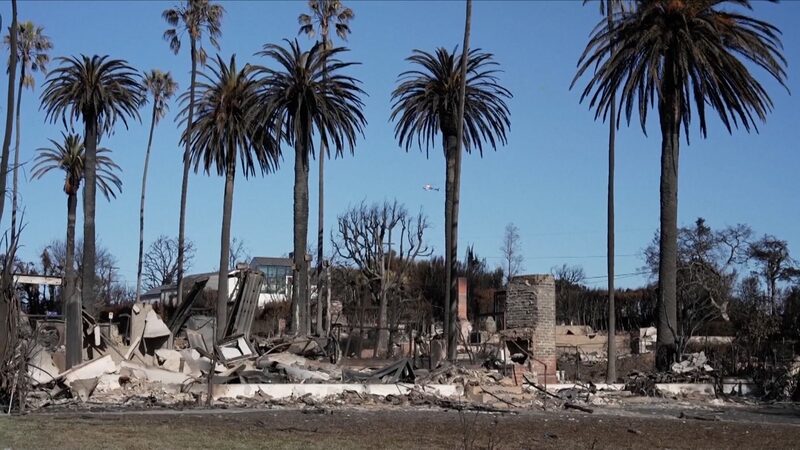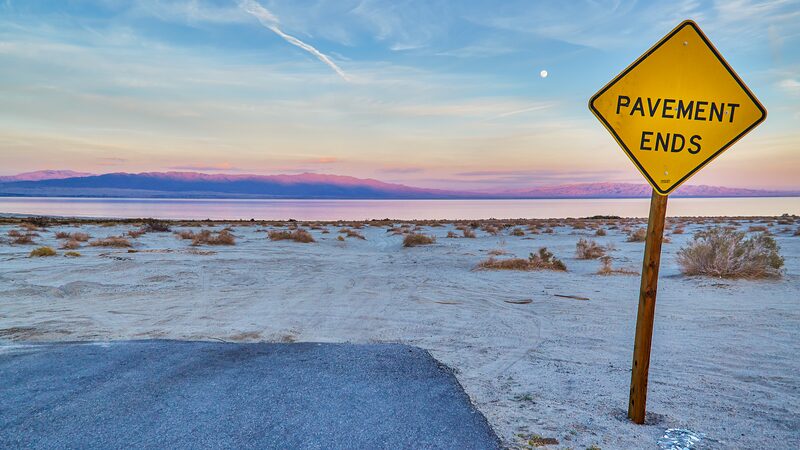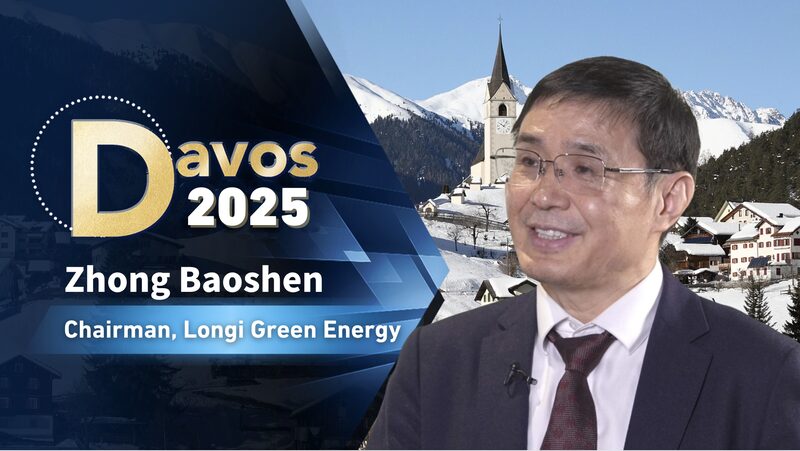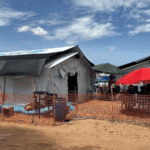The World Meteorological Organization (WMO) has issued a stark warning about a self-reinforcing cycle linking air pollution and climate change, driven by human activities like fossil fuel combustion. In its annual Air Quality and Climate Bulletin, released ahead of the International Day of Clean Air for Blue Skies on September 7, the UN agency highlights how aerosols—tiny airborne particles from industrial emissions and wildfires—intensify climate disruptions while worsening air quality globally.
"This feedback loop creates a dangerous multiplier effect," the report states, noting that aerosols interact with solar radiation and cloud formation in ways that alter weather patterns. For instance, reduced monsoon rains in South Asia and accelerated glacial melt in the Tibetan Plateau have been linked to aerosol accumulation.
The WMO emphasizes that climate-driven wildfires, like those devastating the Amazon and Southeast Asia, further degrade air quality while releasing stored carbon. The agency calls for integrated policies addressing both emissions reduction and climate adaptation, particularly in Asia, where rapid urbanization and industrial growth amplify these challenges.
WMO Secretary-General Petteri Taalas urged nations to view clean air and climate strategies as "two sides of the same coin," stressing that coordinated action could save millions of lives annually and slow global warming. The report underscores Asia's pivotal role, home to 15 of the world’s 20 most polluted cities, yet also a leader in renewable energy innovation.
Reference(s):
World weather agency warns of vicious cycle in air and climate
cgtn.com






